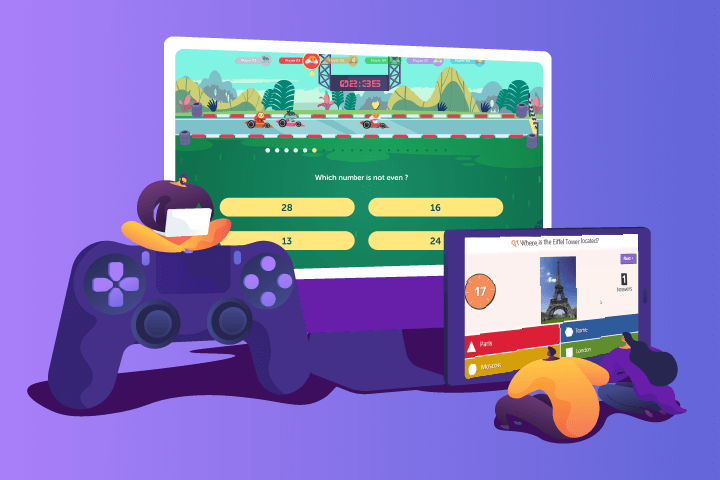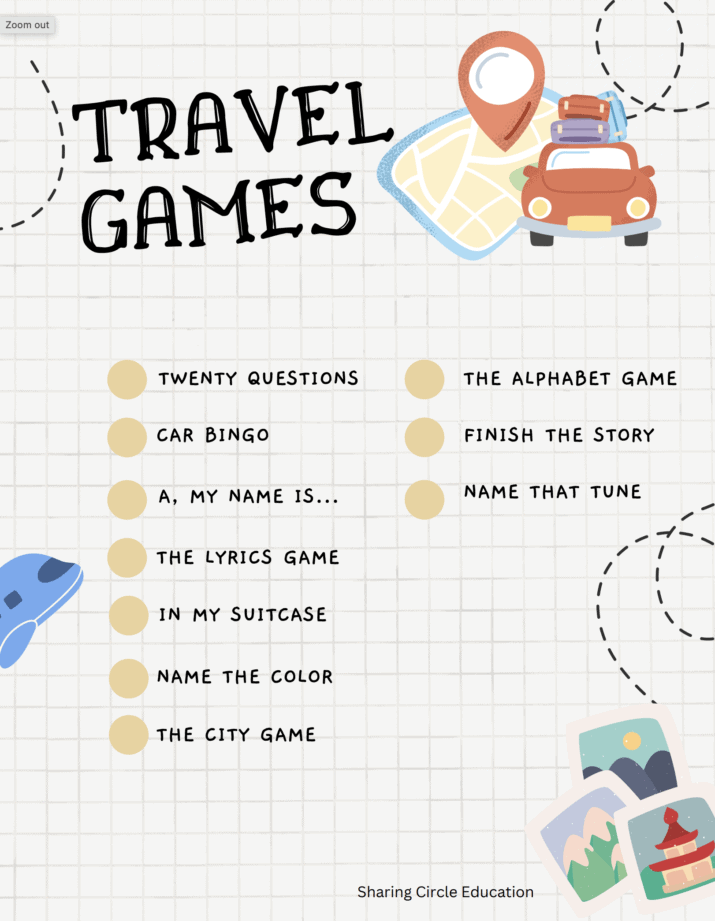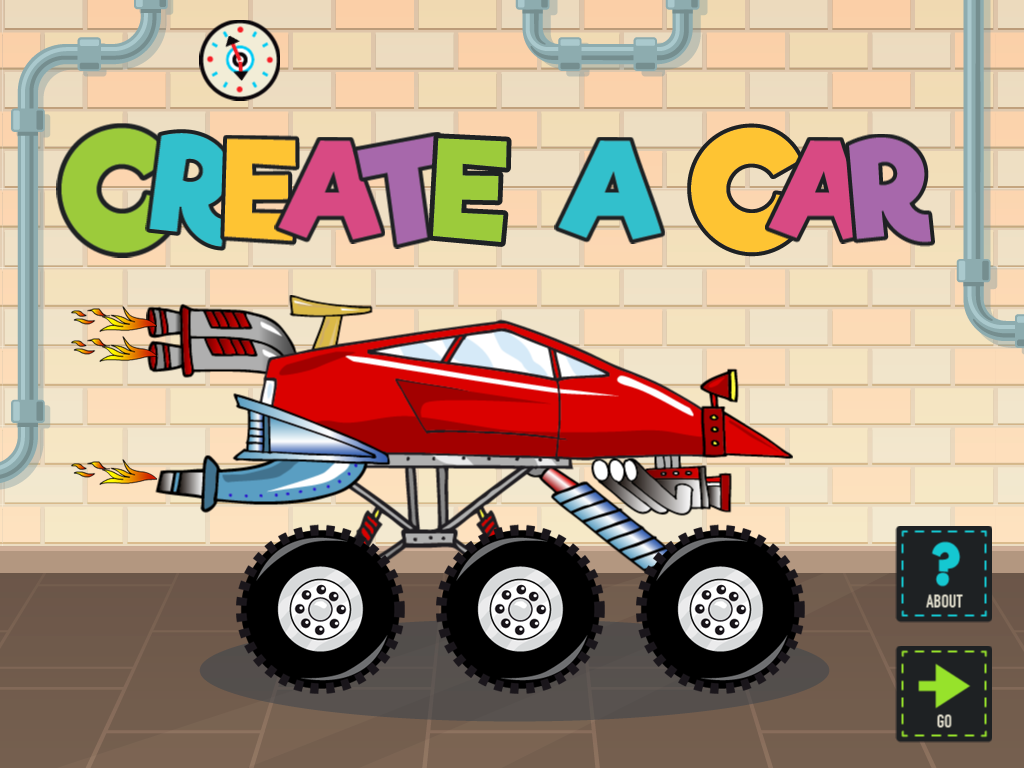The Educational Potential Of Car Games: Exploring The Intersection Of Fun And Learning
The Educational Potential of Car Games: Exploring the Intersection of Fun and Learning
Related Articles: The Educational Potential of Car Games: Exploring the Intersection of Fun and Learning
Introduction
With great pleasure, we will explore the intriguing topic related to The Educational Potential of Car Games: Exploring the Intersection of Fun and Learning. Let’s weave interesting information and offer fresh perspectives to the readers.
Table of Content
The Educational Potential of Car Games: Exploring the Intersection of Fun and Learning
The world of video games has long been associated with entertainment, but a growing body of research reveals a significant educational potential within this seemingly frivolous realm. Car games, specifically, offer a unique platform for learning, seamlessly blending engaging gameplay with the acquisition of diverse skills and knowledge.
Beyond the Steering Wheel: Educational Value in Car Games
Car games, often dismissed as mere simulations of driving, possess a surprising depth of educational value. They can serve as tools for:
1. Spatial Reasoning and Problem-Solving:
- Navigation and Route Planning: Car games demand players to navigate complex environments, understand maps, and strategize routes, fostering spatial reasoning skills.
- Obstacle Avoidance and Decision-Making: Maneuvering vehicles through challenging terrains, avoiding collisions, and making split-second decisions in high-pressure situations sharpen problem-solving abilities.
- Environmental Awareness: Many car games incorporate realistic physics and environmental factors, teaching players about gravity, friction, and the impact of weather conditions on vehicle performance.
2. Scientific and Technological Understanding:
- Physics and Mechanics: Car games often simulate real-world vehicle mechanics, providing insight into engine performance, gear ratios, and the interplay of forces.
- Engineering Principles: Modifying vehicles, tuning engine settings, and designing racing strategies expose players to fundamental engineering principles.
- Technological Advancements: Modern car games often showcase cutting-edge technology, introducing players to concepts like autonomous driving, electric vehicles, and advanced safety features.
3. History and Culture:
- Historical Settings: Car games can transport players to different historical periods, offering glimpses into the evolution of transportation and societal changes.
- Cultural Influences: Racing games often feature diverse locations and cultures, introducing players to different driving styles, racing traditions, and societal norms.
4. Language and Communication:
- Teamwork and Communication: Multiplayer car games necessitate collaboration, strategy discussions, and effective communication, fostering language skills and teamwork.
- Foreign Language Learning: Games with international settings and characters can expose players to different languages and dialects, aiding in language acquisition.
5. Critical Thinking and Decision-Making:
- Risk Assessment and Strategy: Car games often require players to weigh risks, make calculated decisions, and strategize for optimal outcomes, enhancing critical thinking skills.
- Resource Management: Managing fuel, tire wear, and other resources in racing games promotes strategic planning and decision-making abilities.
Car Games as Educational Tools: A Case for Integration
The educational potential of car games extends beyond traditional classroom settings. They can be effectively integrated into:
- Formal Education: Educational institutions can utilize car games as supplementary tools for teaching physics, engineering, history, geography, and even language skills.
- Informal Learning: Car games can be used for self-directed learning, allowing individuals to explore their interests, develop skills, and expand their knowledge base.
- Skill Development: Car games can be used to enhance specific skills, such as hand-eye coordination, reaction time, and spatial awareness.
Beyond the Entertainment: The Benefits of Car Games
The educational benefits of car games are multifaceted, offering numerous advantages:
- Engagement and Motivation: The immersive nature of car games can captivate learners, fostering engagement and motivation for learning.
- Hands-on Experience: Car games provide a hands-on learning environment, allowing players to actively participate in the learning process.
- Problem-Solving and Critical Thinking: Car games challenge players to think critically, solve problems, and make strategic decisions.
- Skill Development and Transfer: The skills acquired in car games can be transferred to other areas of life, enhancing problem-solving, decision-making, and teamwork abilities.
- Accessibility and Affordability: Car games are widely accessible, affordable, and available across various platforms, making them a viable learning resource for diverse audiences.
FAQs: Addressing Common Concerns
1. Are Car Games Really Educational?
While car games are primarily designed for entertainment, they can offer valuable educational experiences if approached strategically. The key lies in selecting games with educational content, encouraging active learning, and utilizing them as supplementary tools alongside traditional learning methods.
2. Can Car Games Replace Traditional Education?
No, car games cannot replace traditional education. They are best used as supplementary tools to enhance learning, provide hands-on experiences, and reinforce concepts learned in classrooms.
3. Are There Risks Associated with Car Games?
Like any form of media, car games can pose potential risks, such as excessive screen time, exposure to violent content, and addiction. It is crucial to promote responsible gaming habits, set limits, and encourage balanced media consumption.
4. How Can Parents and Educators Use Car Games Effectively?
Parents and educators can utilize car games effectively by:
- Selecting Age-Appropriate Games: Choose games that align with the learner’s age and developmental stage.
- Setting Time Limits: Encourage balanced screen time and establish clear guidelines for game usage.
- Engaging in Active Learning: Encourage players to think critically, strategize, and discuss game mechanics.
- Integrating Games into Curricula: Use car games as supplementary tools to reinforce learning in various subjects.
Tips for Maximizing Educational Value
- Choose Games with Educational Content: Select games that offer realistic simulations, historical context, or educational challenges.
- Encourage Active Learning: Encourage players to think critically, strategize, and discuss game mechanics.
- Set Learning Goals: Establish clear learning objectives for using car games, such as improving spatial reasoning or problem-solving skills.
- Integrate Games into Curricula: Use car games as supplementary tools to reinforce learning in various subjects.
- Monitor Gameplay: Observe gameplay to identify areas for improvement, provide guidance, and encourage healthy gaming habits.
Conclusion: Embracing the Educational Potential of Car Games
Car games, when approached strategically, can serve as valuable educational tools. They offer a unique blend of entertainment and learning, engaging players in active problem-solving, critical thinking, and skill development. By embracing the educational potential of car games, we can unlock new avenues for learning, enhance engagement, and foster a love for learning in a fun and accessible way. The future of education lies in harnessing the power of technology and embracing innovative approaches to learning, and car games represent a promising frontier in this evolving landscape.








Closure
Thus, we hope this article has provided valuable insights into The Educational Potential of Car Games: Exploring the Intersection of Fun and Learning. We thank you for taking the time to read this article. See you in our next article!
